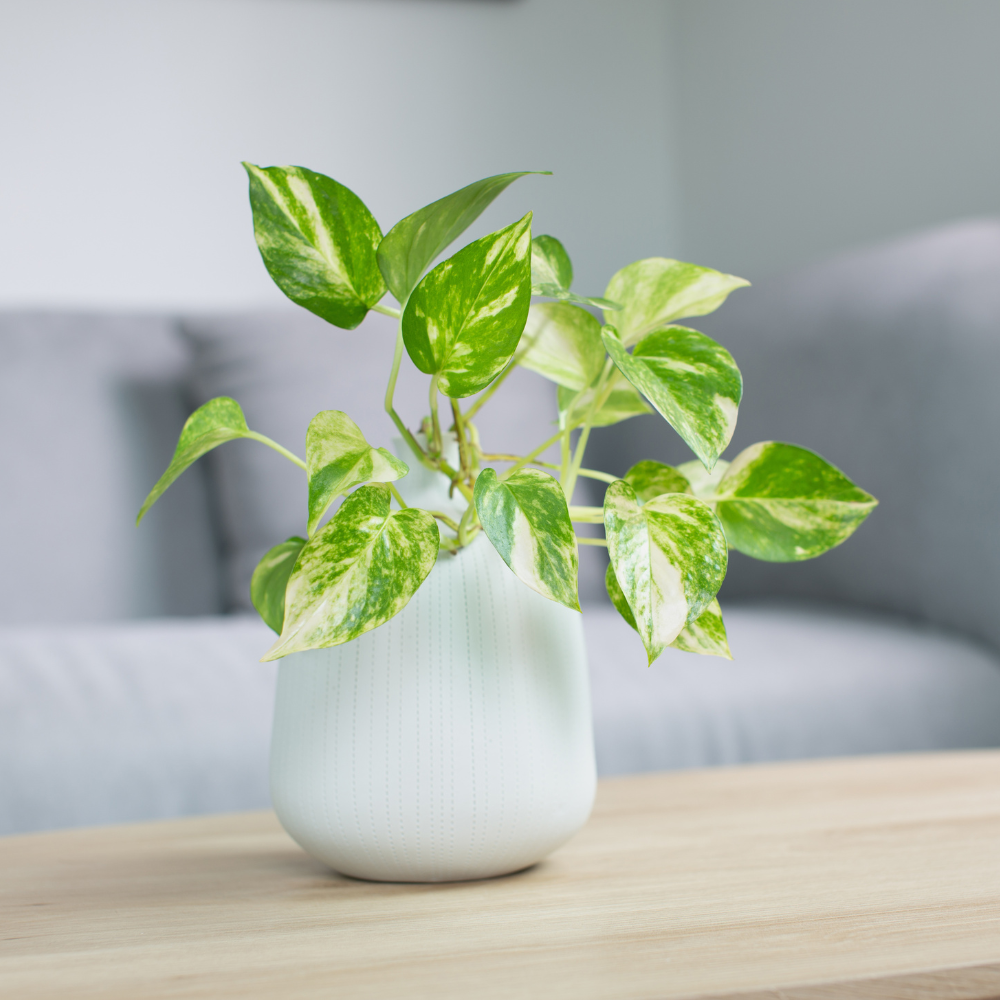How to Improve Indoor Air Quality During Allergy Season
By implementing several strategies, it is possible to significantly reduce the presence of allergens indoors and enhance overall air quality.
Allergy time of the year can be tough for many, as pollen and other allergens become more prevalent in the environment. Bettering indoor air quality is critical to create a safe haven from these irritants. By implementing several strategies, it is possible to significantly reduce the presence of allergens indoors and enhance overall air quality.
Regular Vent Cleaning
Vent cleaning plays a critical part in keeping up good air quality. Over time, dust, pollen, and other particles accumulate in the ventilation system, which can then be circulated throughout the home. Engaging a professional vent cleaning service can help remove these contaminants, thereby reducing their impact on indoor air. An air quality expert can provide detailed insights and thorough cleaning to guarantee that the ventilation system is free of allergens.
Using High-Quality Air Filters
Investing in high-quality air filters is another effective measure to improve indoor air quality. Filters that include a high Minimum Efficiency Reporting Value (MERV) rating can capture smaller particles, including pollen and dust mites, which are typical triggers for allergies. It is important to regularly replace or clean these filters to maintain their effectiveness.
Maintaining Optimal Humidity Levels
Humidity levels can significantly affect indoor air quality. High humidity makes for an environment conducive to mold growth, while a decrease in humidity can cause respiratory irritation. Utilizing a humidifier or dehumidifier can help keep up optimal humidity levels, typically between 30-50%, which can decrease the presence of allergens and improve overall comfort.
Regular Cleaning and Dusting
Regular cleaning routines are essential to minimize the accumulation of dust and other allergens. Dusting surfaces with a damp cloth, vacuuming with a vacuum cleaner furnished with a HEPA filter, and cleaning bedding in hot water can all help reduce allergen levels. It is also beneficial to decrease clutter, as it can collect dust and result in cleaning becoming more difficult.
Installing an Air Purifier
Air purifiers are extremely effective in removing airborne allergens from indoor environments. These devices use filters and other technologies, such as UV light or ionizers, to capture and neutralize particles in the air. Placing air purifiers in commonly used rooms, such as bedrooms and living areas, can significantly improve air quality.
Keeping Windows Closed During High Pollen Times
During peak allergy season, outdoor pollen levels can be very high. Keeping windows and doors closed during these times can prevent pollen from entering the home. Using air conditioning with a clean filter can help maintain a comfortable indoor temperature without introducing allergens from outside.
Using Allergen-Reducing Bedding
Specialized bedding materials, such as allergen-proof covers for mattresses and pillows, can help decrease exposure to dust mites and other allergens. These covers are created to stop allergens from accumulating in bedding, creating a healthier sleeping environment.
Houseplants for Air Quality Improvement
Certain houseplants can better indoor air quality by absorbing pollutants and releasing oxygen. However, it is important to choose plants that do not produce pollen or other allergens themselves.
Limiting Pet Dander
For those with pets, managing pet dander is crucial for maintaining good air quality. Regular grooming and bathing of pets, as well as keeping them out of certain areas, such as bedrooms, can help reduce the amount of dander in the home. Making use of a vacuum with a HEPA filter can also help trap pet hair and dander from floors and furniture.
Choosing Non-Toxic Cleaning Products
Many typical cleaning products have chemicals that can hurt indoor air quality and trigger allergic reactions. Opting for non-toxic, eco-friendly cleaning products can help reduce the presence of these chemicals in the home. Natural cleaners can be effective alternatives. Additionally, homemade cleaning solutions can be made with simple ingredients found in most households, guaranteeing a safer and healthier living environment. Regular use of these non-toxic options benefits air quality and promotes overall well-being for all household members.
Regular HVAC Maintenance
Routine upkeep of heating, ventilation, and air conditioning (HVAC) systems is critical to guarantee they operate well and do not contribute to bad indoor air quality. Scheduling periodic inspections and servicing by a professional can help track down and tackle any issues that may affect air quality, such as leaks, mold growth, or clogged filters.
By following these strategies, it is possible to create a healthier indoor environment during allergy season. Prioritizing regular cleaning, professional vent cleaning, and the use of high-quality air filters and purifiers can notably decrease the presence of allergens and improve overall air quality.


